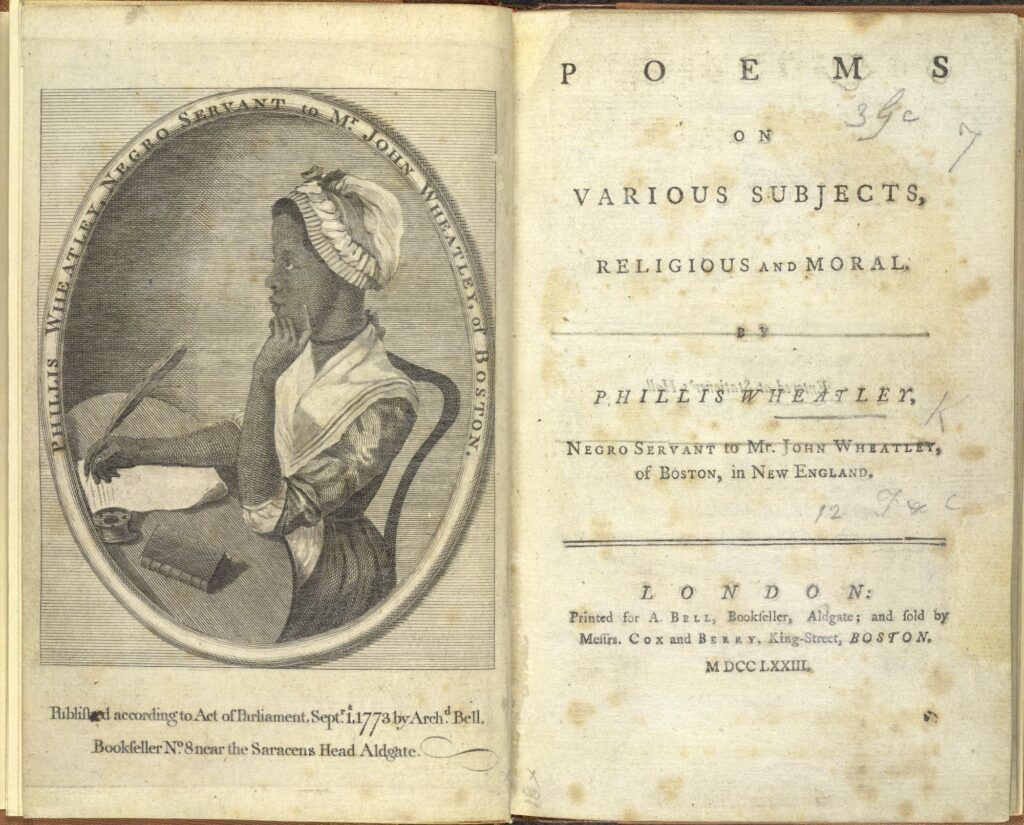The life of poets is often tragic. Not only because of the sadness, happiness or melancholy that their verses evoke, but because poetry becomes, for them, a way of being on Earth and directing their actions without limits.

Rober D z. 360 Press pen.
Phillis Wheatley (1753-1784) represents this unusual fate well.
